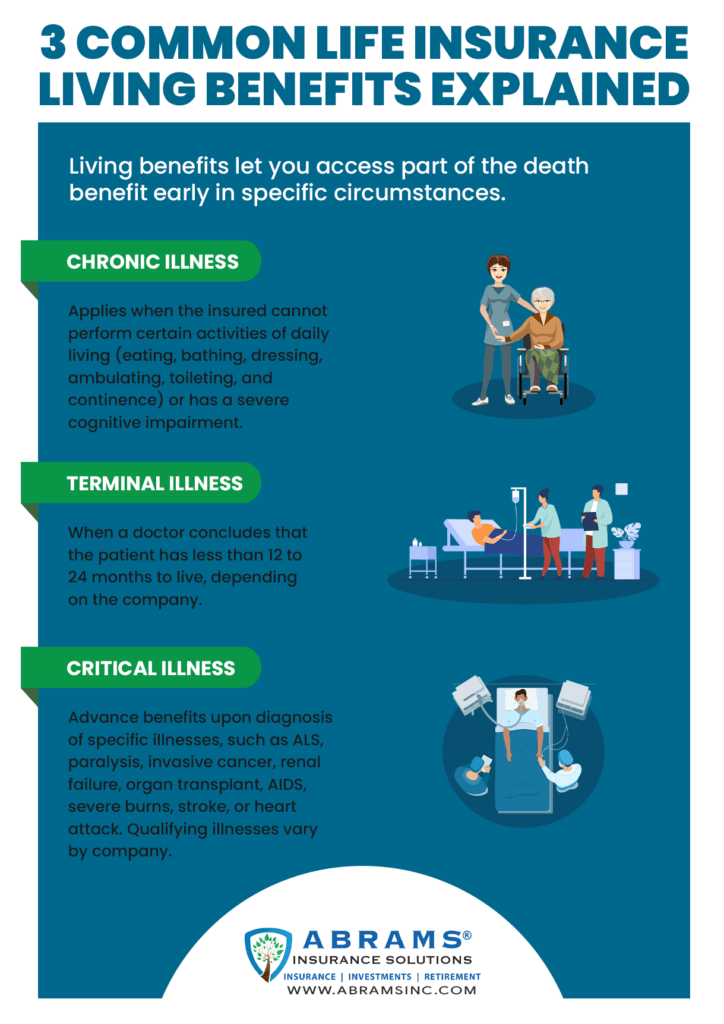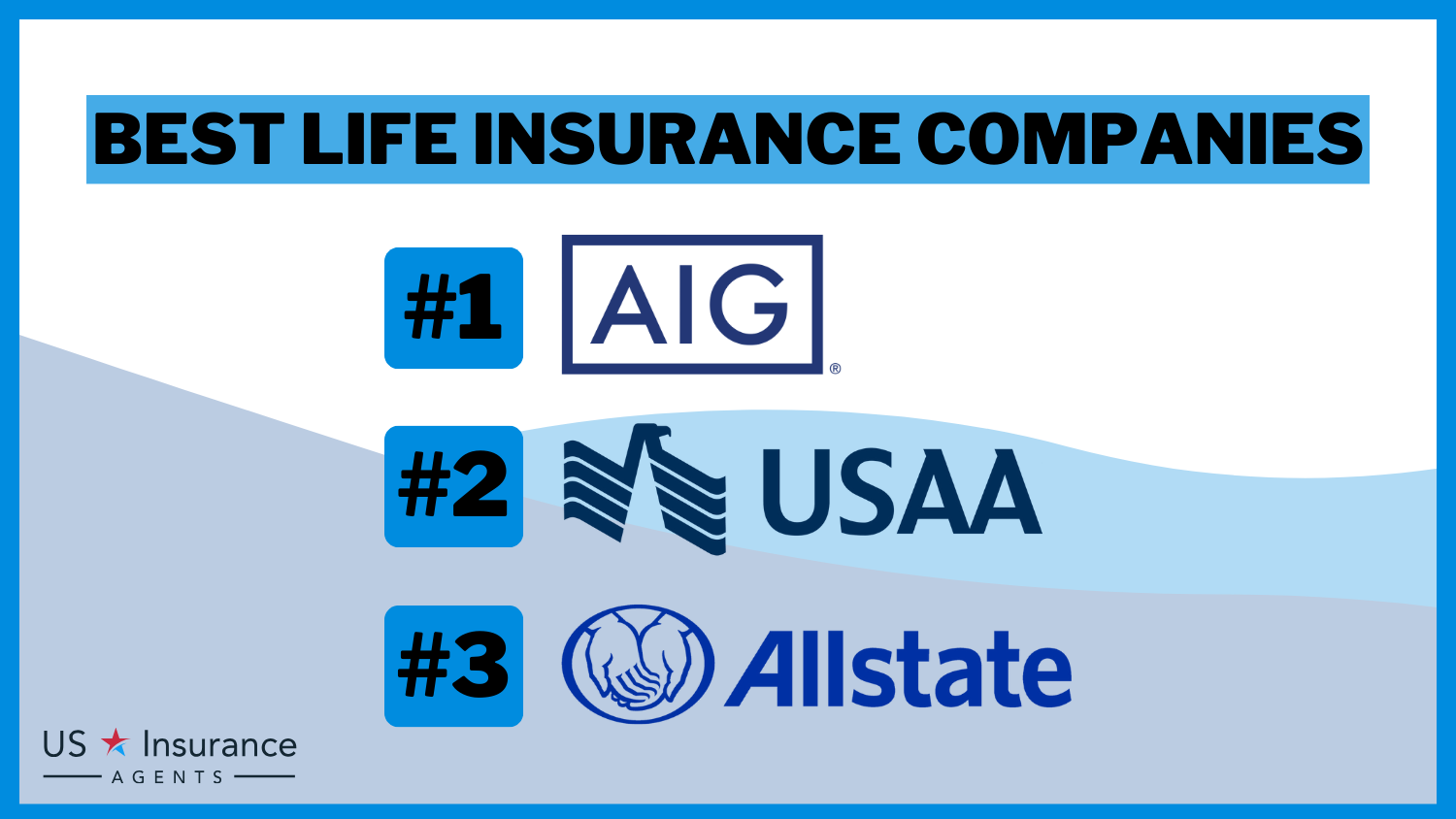Getting Compensation After a Car Accident
You’ve just been in a car accident. You’re shaken, sore, and understandably worried about your health and finances. The good news is that you may be entitled to compensation for your injuries and other losses. Here’s what you need to know about getting compensation after a car accident:
Types of Compensation You Can Get
The types of compensation you can get after a car accident vary depending on the severity of your injuries and the laws in your state. However, in general, you may be able to recover compensation for:
- Medical expenses
- Lost wages
- Pain and suffering
- Emotional distress
- Property damage
In some cases, you may also be able to get punitive damages, which are designed to punish the at-fault driver and deter others from engaging in similar reckless behavior.
Who is Liable for Your Injuries?
In most cases, the at-fault driver is liable for your injuries. This means that you can file a claim with their insurance company to recover compensation. However, there are some exceptions to this rule. For example, you may be partially at fault for the accident, in which case your compensation may be reduced.
How to Get Compensation
The process of getting compensation after a car accident can be complex and time-consuming. However, there are some steps you can take to make it easier:
- Get a copy of the police report.
- Take photos of the accident scene and your injuries.
- Get medical attention as soon as possible.
- Keep a journal of your symptoms and expenses.
- Contact an attorney.
An attorney can help you navigate the legal process and get you the compensation you deserve.
Determining Fault
When a car accident occurs, determining fault is crucial. Establishing liability helps identify the responsible party and lays the foundation for seeking compensation. Several factors come into play when determining fault, including traffic violations, driver behavior, and witness statements.
Establishing Liability Through Evidence
Witnesses play a vital role in accident investigations. Their accounts can corroborate or contradict the involved drivers’ statements. Police reports document the scene, including vehicle damage, road conditions, and any visible injuries. In some cases, traffic cameras or dashcams may have captured the accident, providing invaluable visual evidence.
Contributory Negligence and Comparative Fault
In some jurisdictions, contributory negligence bars a plaintiff from recovering damages if they contributed to their own injuries. However, many states have adopted comparative fault systems, which allow compensation even if both parties are at fault. Under comparative fault, the amount of compensation is reduced in proportion to the plaintiff’s degree of fault.
Determining Driver Negligence
Negligence is a legal principle that holds individuals responsible for damages caused by their careless or reckless actions. In car accident cases, negligence can manifest in various ways, such as speeding, running red lights, or driving under the influence of alcohol or drugs. Proving negligence requires demonstrating that the defendant breached their duty of care to other drivers, causing the accident and resulting injuries.
Seeking Legal Advice for Compensation
If you have been involved in a car accident, it’s essential to seek legal advice promptly. An experienced attorney can help you navigate the complex process of determining fault, gathering evidence, and pursuing compensation. They can also advise you on your rights and options under the law. Don’t hesitate to consult with a lawyer to protect your interests and ensure you receive the compensation you deserve.
How to Get Compensation After a Car Accident
In the unfortunate event of a car accident, navigating the legal complexities and securing fair compensation can be a daunting task. However, understanding your rights and following a systematic approach can significantly improve your chances of obtaining just compensation.
Contacting an Attorney
In cases of severe car accidents resulting in significant injuries or property damage, seeking legal representation is highly advisable. A personal injury attorney can provide invaluable guidance, protect your rights, and negotiate on your behalf with insurance companies. They possess specialized knowledge of personal injury law and have experience handling complex cases, ensuring you receive the maximum compensation you deserve.
Proving Negligence
Establishing negligence is crucial to obtaining compensation after a car accident. Negligence refers to the failure to exercise reasonable care, which results in harm to another. To prove negligence, you must demonstrate the following:
- Duty of Care: The other driver owed you a legal duty to drive safely and avoid causing harm.
- Breach of Duty: The other driver violated their duty of care by engaging in negligent behavior, such as speeding, texting while driving, or failing to yield.
- Causation: The other driver’s negligent actions directly caused your injuries or property damage.
- Damages: You suffered quantifiable losses as a result of the accident, such as medical expenses, lost income, or pain and suffering.
Calculating Damages
After establishing negligence, the next step is to determine the amount of compensation you are entitled to. Damages can be broadly categorized into two types:
- Economic Damages: These are quantifiable losses, such as medical bills, lost wages, and property damage.
- Non-Economic Damages: These are more subjective and difficult to quantify, such as pain and suffering, emotional distress, and loss of enjoyment of life.
Negotiating a Settlement
Once the damages have been calculated, the next step is to negotiate a settlement with the insurance company. This process can be complex and time-consuming, especially in complicated cases involving multiple parties or disputed liability. An experienced attorney can skillfully negotiate on your behalf, ensuring you receive fair compensation without sacrificing your legal rights.
Filing a Lawsuit
If negotiations fail to reach a fair settlement, filing a lawsuit may become necessary. This is a formal legal proceeding where you present your case before a judge or jury. While lawsuits can be lengthy and costly, they may be necessary to secure the full compensation you deserve. However, it’s important to weigh the potential benefits and risks carefully before deciding to pursue a lawsuit.
How to Get Compensation After a Car Accident
A car accident can be an unsettling experience that leaves you with physical injuries, lost wages, and mounting expenses. While it’s impossible to make things completely right after such an event, knowing your legal rights and how to pursue compensation can help ease your financial burdens. Here’s a comprehensive guide to getting the compensation you deserve after a car accident.
Insurance Companies
After an accident, you must cooperate with your insurance provider. Report the incident promptly and be thorough in your description of what happened. Your insurer will investigate your claim and determine if you’re eligible for coverage under your policy. If you’re found to be at fault for the accident, you may be limited in the amount of compensation you can receive from your own insurance company.
Filing a Police Report
A police report is a crucial piece of evidence that can support your claim for compensation. It documents the details of the incident, including the time, location, and names of those involved. If possible, obtain a copy of the police report as soon as it becomes available.
Seeking Medical Attention
It’s imperative to seek medical attention as soon as possible after a car accident, even if you don’t feel seriously injured. A medical examination will document your injuries and provide evidence of their severity. Keep all medical records and receipts related to your treatment, as these will be essential for proving your damages.
Negotiating a Settlement
Negotiating a settlement involves discussing compensation with the at-fault party or their insurance company. It’s important to have a clear understanding of your losses before entering into negotiations. Consult with an attorney or legal advisor if you’re not sure what your claim is worth. Remember, you have the right to fair compensation for your injuries, lost wages, and other expenses.
Going to Court
If negotiations fail, you may have to take your case to court to recover the compensation you deserve. Litigation can be a lengthy and costly process, but it may be necessary to protect your rights and obtain a fair settlement. An attorney can guide you through the legal process and represent your interests in court.
Conclusion
Getting compensation after a car accident can be a complex and challenging process, but it’s important to know your rights and pursue the justice you deserve. By following these steps, you can increase your chances of obtaining the compensation you need to cover your expenses and rebuild your life after an accident.
How to Get Compensation After a Car Accident
If you’ve been in a car accident, you may be wondering what you need to do to get compensation. While every case is different, there are some general steps you can follow to increase your chances of getting a fair settlement.
Document the Accident
The first step after a car accident is to document the scene. This means taking photos of the damage to both vehicles, getting the names and contact information of any witnesses, and filing a police report. If you’re injured, seek medical attention immediately.
Report the Accident to Your Insurance Company
Once you’ve documented the accident, you need to report it to your insurance company. Your insurance company will assign you a claims adjuster who will help you through the claims process.
Negotiate a Settlement
Once your claim has been processed, you’ll need to negotiate a settlement with the responsible party’s insurance company. This can be a complex process, so it’s important to have a lawyer on your side.
File a Lawsuit
If you’re unable to reach a settlement with the insurance company, you may need to file a lawsuit. This is a more expensive and time-consuming process, but it may be necessary if you’re seriously injured or if the insurance company is disputing your claim.
Settlement Negotiations
Negotiating a settlement can be a daunting task, but it’s important to remember that you have the right to fair compensation for your injuries and damages. Here are a few tips for negotiating a settlement:
- Be prepared. Before you start negotiating, you need to have a clear understanding of your case. This means knowing what your injuries are, how much they’re worth, and what your legal rights are.
- Be realistic. Don’t expect to get everything you ask for. The insurance company is going to try to settle for as little as possible, so you need to be prepared to compromise.
- Be patient. Settlement negotiations can take time. Don’t get discouraged if you don’t reach an agreement right away. Just keep negotiating and eventually you’ll get a fair settlement.
- Don’t sign anything until you’re satisfied. Once you’ve reached a settlement agreement, don’t sign anything until you’ve had a lawyer review it. This will ensure that the settlement is fair and that you understand your rights.
How to Get Compensation After a Car Accident
Have you been in a car accident? If so, you’re likely wondering how to get compensation for your injuries and damages. Here’s a step-by-step guide to help you get the money you deserve.
Step 1: Get Medical Attention
This is the most important step. Even if you don’t feel injured, it’s important to see a doctor to rule out any hidden injuries. Some injuries, like whiplash, may not show up right away. Getting medical attention will also create a record of your injuries, which will be helpful if you need to file a claim.
Step 2: Contact Your Insurance Company
You’ll need to report the accident to your insurance company as soon as possible. They will investigate the accident and determine if you’re entitled to compensation. If you’re not sure who is at fault for the accident, you can file a claim with both insurance companies.
Step 3: Gather Evidence
The more evidence you have, the stronger your case will be. This includes things like photos of the accident scene, witness statements, and medical records. If you can, get a copy of the police report as well.
Step 4: Negotiate a Settlement
Once you’ve gathered all of your evidence, you can start negotiating a settlement with the insurance company. This is where you’ll come to an agreement on how much money you’ll receive for your injuries and damages. It’s important to get everything in writing before you sign anything.
Step 5: File a Lawsuit
In the event that settlement negotiations fail, a lawsuit may be filed. This is a more adversarial process, but it may be necessary if you’re not able to reach a fair settlement. If you decide to file a lawsuit, you’ll need to hire an attorney to represent you.
Step 6: Trial
If your case goes to trial, a jury will hear the evidence and decide who is at fault for the accident. If you win, you’ll be awarded damages for your injuries and damages. The amount of damages you receive will depend on the severity of your injuries, your lost wages, and your pain and suffering. Like any trial, it is up to your lawyer and their skill in presenting your case to the jury. You should look for an attorney that has a great track record for settlements and trials. They will be able to determine who is at fault in your accident and guide you on your path to getting the compensation you deserve.




Leave a Reply